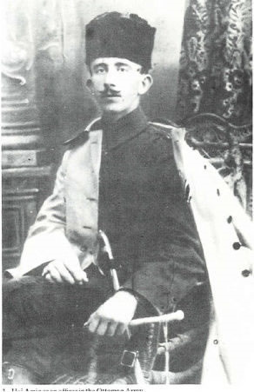This is an important piece. I'll outline what I see as its strengths and weaknesses. THREAD
jewishcurrents.org/yavne-a-jewish…
2/
3/
But Beinart is also right to point out that Apartheid is not the endgame. That there is a real risk of mass expulsion of Palestinians.
4/
5/
vashtimedia.com/2020/01/30/tru…
/6
/7
/8
/9
/10
/11
/12
/13
It's not going to work otherwise.
/14
But it's their call.
/16
/17
/18
And it's quite likely that Palestinians will reach this conclusion collectively sooner or late. But it's a difficult one for a movement of national liberation.
/19
/20
/21
/22
/23
/24
/26
academia.edu/28692652/When_…
/27
/END







